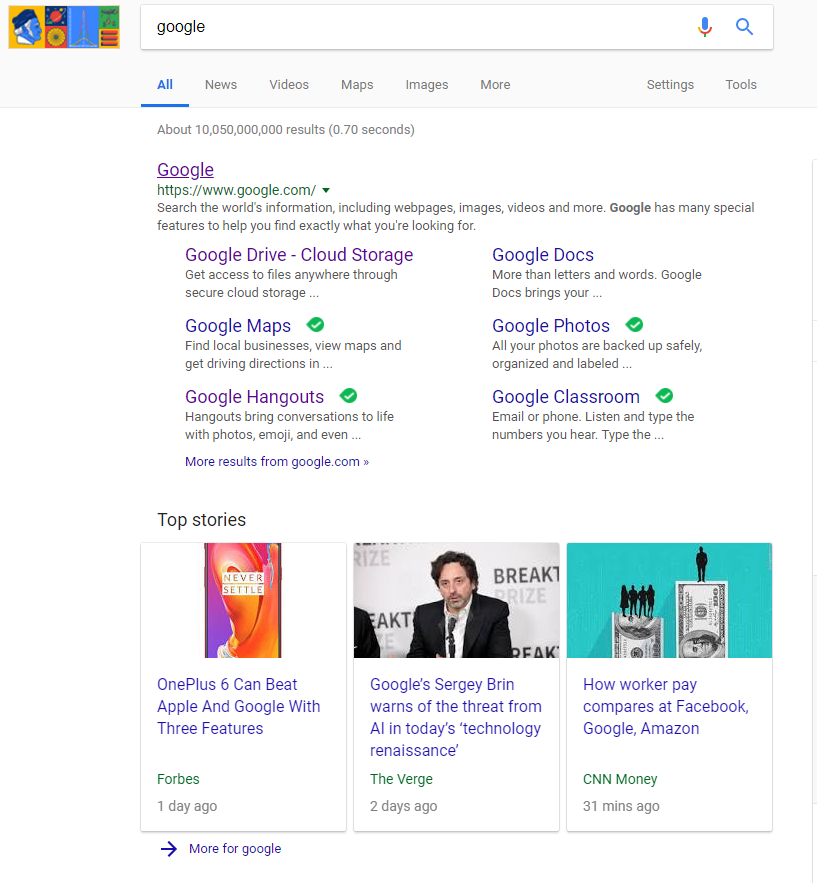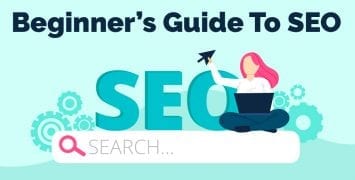We all know the power of blogging. You have to produce new blog posts on a regular basis in order to stay competitive.
But let’s be honest. There’s a lot of “have to’s” with SEO. Is blogging any more important than all of the other SEO techniques which require your time and energy?
The short answer is yes, absolutely. The longer answer is below. Let’s take an in-depth look at blogging’s influence on SEO including ways you can improve your blogs and increase your SERP:
Why Blog at All?
Blogging is hard work. You can’t just write up a few posts here and there. In order to be effective, you have to follow a three-step process:
- Identify your target audience
- Research what they want from your industry
- Create blog posts which address their issues in a voice they’ll respond to
A blog is the number one way to create a connection between your brand potential customers. Plus, blogs are an invaluable tool to help you increase your ranking in the search results.
Google doesn’t want to point searchers towards old, stale content. People want the latest information. A regularly updated blog section tells Google you’re active and engaged. Google’s crawling bot will visit your site more often if you have regular updates, too. This gives you more opportunities to rank higher.
How Blogging Affects Your SERP
There are two types of websites:
- Dynamic – This a site that regularly publishes new content.
- Static – This a site that doesn’t change often.
Some of the most dynamic sites online are a major news organizations. CNN, for example, is constantly publishing new content.
Google, Bing, and the other major search engines all prefer dynamic sites over static. You don’t have to publish new content all day and night, of course. But you do want new content to appear on your site regularly.
There are no hard and fast rules here. Based on my experience, however, I’ve found a schedule that works for me. I publish a blog post every Monday, Wednesday, and Friday. These are short pieces between 500 and 1,000 words.
A few times a month I’ll also publish long-form content. These are blog posts with a length of at least 1,500 words. They usually go into great detail on one topic or provide a comprehensive overview of many smaller topics. For more info, check out my complete guide on Using Long-Form Content to Boost Your SEO.
Each piece of content is an opportunity to include Backlinks. Don’t spam your content with useless links. Instead, link to original data authorities such as studies, government sites, and major news organizations. Quality, relevant Backlinks will get you noticed by the search engines.
Don’t forget to also link to relevant posts on your own site. If you’ve previously written in-depth on a subject which you’re only touching upon in a post, like to that post. Interested readers can easily find more information by clicking the link. Plus, this also means they’ll be spending more time on your site, which is another important metric Google uses to determine your SERP.
What to Include in Your Blog Posts
Simply publishing content isn’t enough. You need to create content that your target audience will respond to.
I use Buzzsumo to help identify popular articles. Enter primary keywords related to your industry. Buzzsumo will show you the most popular blog posts and articles related to those keywords. This a great starting point for finding topics to write about.
You don’t want to simply re-write popular content. Instead, you want to improve upon that content. You can add new information, different media formats (video, podcasts, etc.), or something else to make your content stand out from the crowd. This called the Skyscraper Method.
Don’t Just Publish on Your Own Site
Not all potential customers are going to come to you. You also need to publish content on sites other than your own. This called Guest Blogging.
Develop relationships with others in your industry. Almost everyone is looking to fill their own sites with content. When you publish a piece on someone else’s site, everyone benefits. Readers get a new perspective, the host site gets page views and your brand gets increased exposure.
You also want to promote your content on your social media pages. Focus on creating descriptive, engaging headlines. Then include a link to the post on your site directly.





